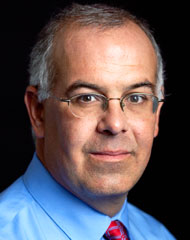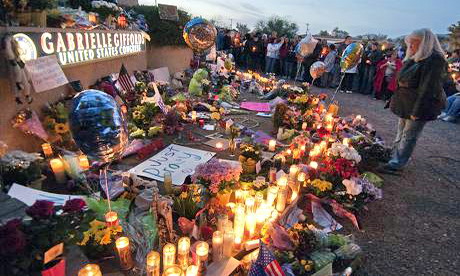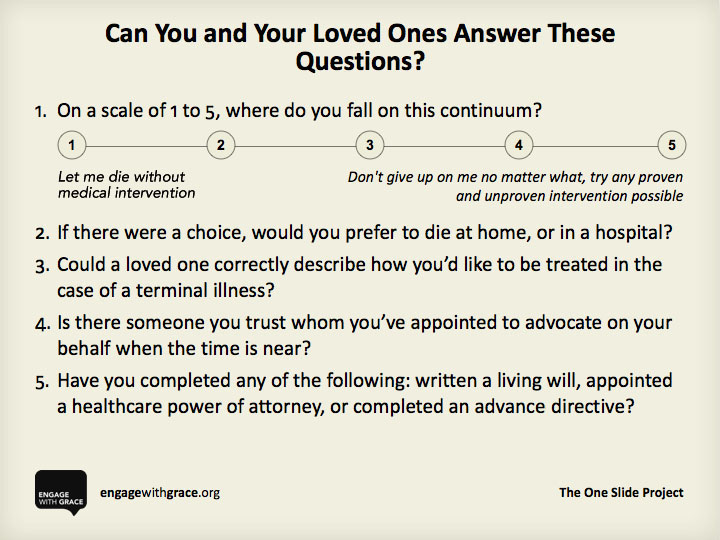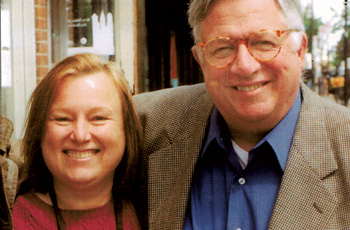David Brooks wrote a very interesting column last week in the New York Times entitled “Death and Budgets,” in which he explains the current Washington D.C. budget impasse and compares it to our collective inability to come to grips with our own mortality.

David Brooks | Josh Haner/New York Times
His treatise quotes S. Jay Olshansky, one of the leading experts on aging, who argues that life expectancy is now leveling off, and others who say that, we are marginally extending the lives of the very sick. Brooks goes on to articulate that, “A large share of our health care spending is devoted to ill patients in the last phases of life.” Then enumerates upon the fact that, as a country, we will be spending $1 trillion dollars annually, double Medicare costs right now, on Alzheimer’s disease alone by 2050.
His closing thoughts revolve around the fact that “unless we confront death and our obligations to the living like his friend who was recently diagnosed with ALS, we will not be able to reduce health care inflation and balance our budgets. “ He then concludes that “we think the budget mess is a squabble between partisans in Washington. But in large measure it’s about our inability to face death and our willingness as a nation to spend whatever it takes to push it just slightly over the horizon.”
Since 2005 I have written many times about this issue. In fact, one of my most quoted experts on this topic is a previous Pittsburgh resident, former Colorado Governor Richard Lamm, who spoke openly about the immorality of “inter-generational resource theft,” where the voting senior citizens have pulled the majority of the healthcare resources away from the children of our nation. According to Lamm, this generational robbery has contributed to produce one of the highest infant mortality rates in the civilized world and has provided the resources allowing our seniors to squeak out another few months or days of life.
I also remember one of my Carnegie Mellon professors, Ian Rawson, PhD, describing the resource challenges presented in certain extremely conservative states where they have refused to fund organ transplants for children. Obviously, those who voted most often and most passionately were the seniors themselves who could then use those resources for mechanical life support or surgeries on the frail elderly that neither extend nor improve the quality of their lives.
As a former hospital CEO, it seemed clear that the medical schools had taught the Northern European philosophy that “Death at any time is failure.” It seemed that the very reality of our mortality was overlooked. Having had responsibility for funding a palliative care unit in my last hospital, it struck me as sad that the vast majority of patients being admitted there arrived for the last week, day or few hours of life, and the “life extending measures that had be foisted upon the patient and their families” prior to that time neither reversed the disease nor improved the quality of their lives. Unfortunately, some of this is about income for the provider, but most of it is about our inability to face the end of our time here on earth.
It was always disconcerting to see a priest or minister as a patient in critical care screaming out in fear of their own death. It would seem that they, of all people, could find peace in the upcoming transition. So, what about the rest of us?
In closing, and this too is my “one note samba,” until or unless we begin to reimburse for wellness care, embrace death as part of life, and stop rewarding our scientists for “not sharing their ideas” with each other, we will continue to act pretty much like my daughter’s dog, Chipper. Tail-Chasing-R-Us, and Washington DC is currently engaged in chasing a tail that could easily wipe all of the china off the dining room table.
All we seem to see are blades of grass in our fields of dreams.












